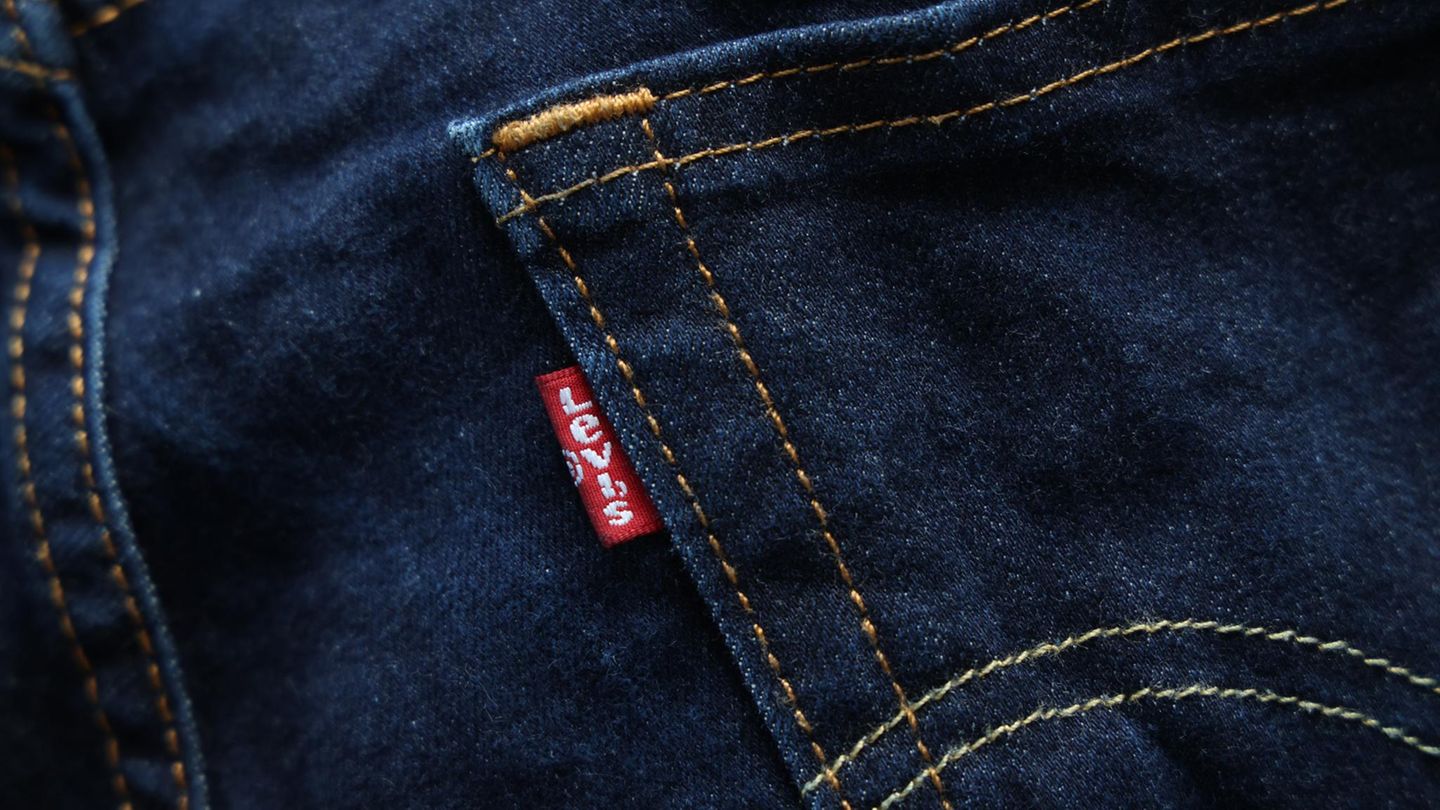(By Pedro Fernández Mouján).- Miriam Odorico, identified for her role as Memé in the great success of the independent theater “The omission of the Coleman family”, has just been awarded the María Guerrero award for best one-woman actress for “Una “, a unique work directed by Giampaolo Samá based on Luigi Pirandello’s novel “One, none and one hundred thousand.”
The show has just started its third season to a full house on Timbre 4 (México 3554) on Saturdays at 8 p.m. and in addition to the Odorico award, it received the María Guerrero award for Best Translation for Samá, and the Florencio Award for Best Foreign Show in the Uruguay, where the Perbacco theater company, by Odorico and Samá, plans to return next February to perform at the Teatro Solís in Montevideo.
Defined by Pirandello himself as a text of “personality decomposition”, the theatrical version of Samá investigates identity, the weight of the gaze of others and also offers glimpses of the punishment for rebellious behavior and the power that constitutes the bank and the church.
Almost a treatise on “the infinite number of masks that we wear in everyday life”, as defined by the author of this particular theatrical version in which the main character of the novel stops being a man and becomes a woman, Odorico says that she was the one who convinced Samá to transform the male character into a female one in order to act it, and that that made him “much more current.”
Télam: How did this work and this decision to adapt Pirandello from the novel to the theater and have the character be a woman, Angelica Moscarda instead of Vitangelo Moscarda?
Miriam Odorico: Giampaolo (Samá) received an order from Chile for a Pirandello and he began to reread the novels and when he read “One, none and one hundred thousand”, which is the last novel that Pirandello writes, he decided to adapt it thinking of him as actor and kept the character of Vitangelo Moscarda. When he read me that first material, I was fascinated by how he had managed to transform that dense and philosophical novel into a theatrical text, so I began to ask him why he didn’t adapt it for a woman. After many requests and a long time he made the adaptation and there he realized that being a classic and maintaining its immense relevance and validity, the fact that the main character was a woman made the text even more current. We began to rehearse and we The pandemic hit. We were barely able to release it.
T: What would be this relevance that the female character brings to you over the male one?
MO: That at this moment it is a woman who rebels against institutions and economic power seems to me to be super current and connects and is in tune with what is happening. “Una” talks about many things and one of the things to talk about is masks, with social networks and screens where we put ourselves as we want to be seen on the cell phone and show what we want from ourselves, it is also something super-current with which the work enters into dialogue.
T: Another issue it brings up is the weight that the other’s gaze can have on you.
MO: That is very strong and it is great to be able to treat it the way Pirandello does because it is something that happens to all of us, starting with the mother’s look, which according to psychoanalysts and psychiatrists, without that look we would not survive in the world. The gaze of the other resonates a lot with us because one will never know how he actually sees us and that is where the construction of what we see and the reality that one makes of all of that begins, which can be deafening. The play leaves all this open and ringing and sometimes you see it in the audience’s responses. At the end of a performance a woman told me: “I never thought about how others see me” and it seemed incredible to me because I feel like to even ask the man who travels in the next seat on the bus how he sees me, because I believe that how the other sees us and what he can tell us about that moves us many things; It is something that also activates the labels that mark and delimit us: “anxious”, “disarranged”, “crazy”, whatever it may be, it affects and in reality what that label talks about is the filter that the one who has in his head expresses it, which is made up of all the layers it has inside, the theme of the seals is very strong, and there the need to rebel appears again.
T: Another thing that is in the work is the cruelty of power and how they make you pay when you want to rebel or function in a different way than the interests that run the world.
MO: Yes, totally, much more than a woman, they make her pay for everything, “do you want to rebel? No, you are the banker’s daughter, take charge.” What she seeks in the end is to strip away everything to find herself and be one, in reality we will never be one, we are one for each one of those who look at us.
T: Next Friday is the last performance of the nineteenth season of “The Omission of the Coleman Family”, what did the character of Memé bring to you?
MO: The funny thing is how I came to the character. Claudio (Tolcachir) brought us together with a group of close people, and he proposed that we participate in a play, he had never written, he told us that he knew what the role of each one would be and he proposed that we improvise freely and that he would write the work from there. It happened to me that at the second free improvisation rehearsal I left, I said “no, don’t bother with free improvisation, it will surely make me work and then write something that I don’t like and I want to kill myself”, so I left the project and another actress took it, she improvised and they started rehearsing, for personal reasons before the premiere that actress withdrew from the project and then Claudio called me again and showed me the play he had written, when I read it I loved it, it seemed perfect to me , musical, round and I accepted immediately. We started rehearsing and premiered, I got this Memé that I love; It is a work with which we went around the world and continuing to do it is a celebration.
Source: Ambito
I am an author and journalist who has worked in the entertainment industry for over a decade. I currently work as a news editor at a major news website, and my focus is on covering the latest trends in entertainment. I also write occasional pieces for other outlets, and have authored two books about the entertainment industry.




